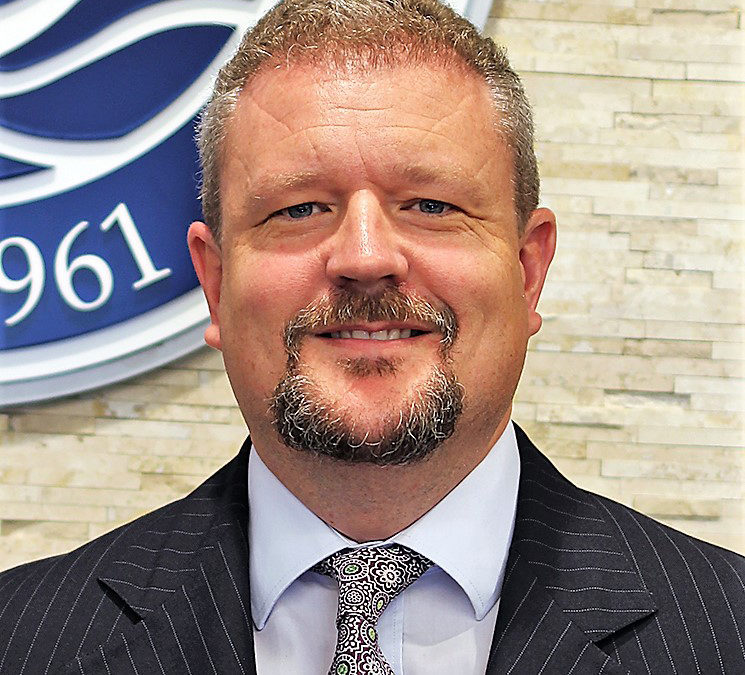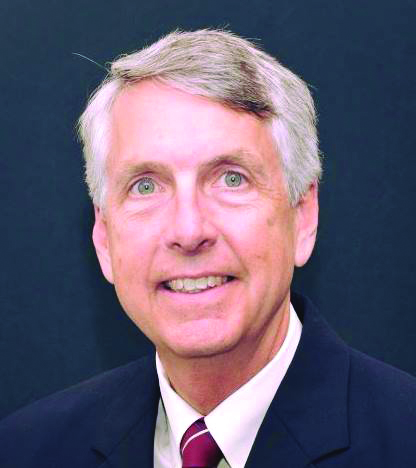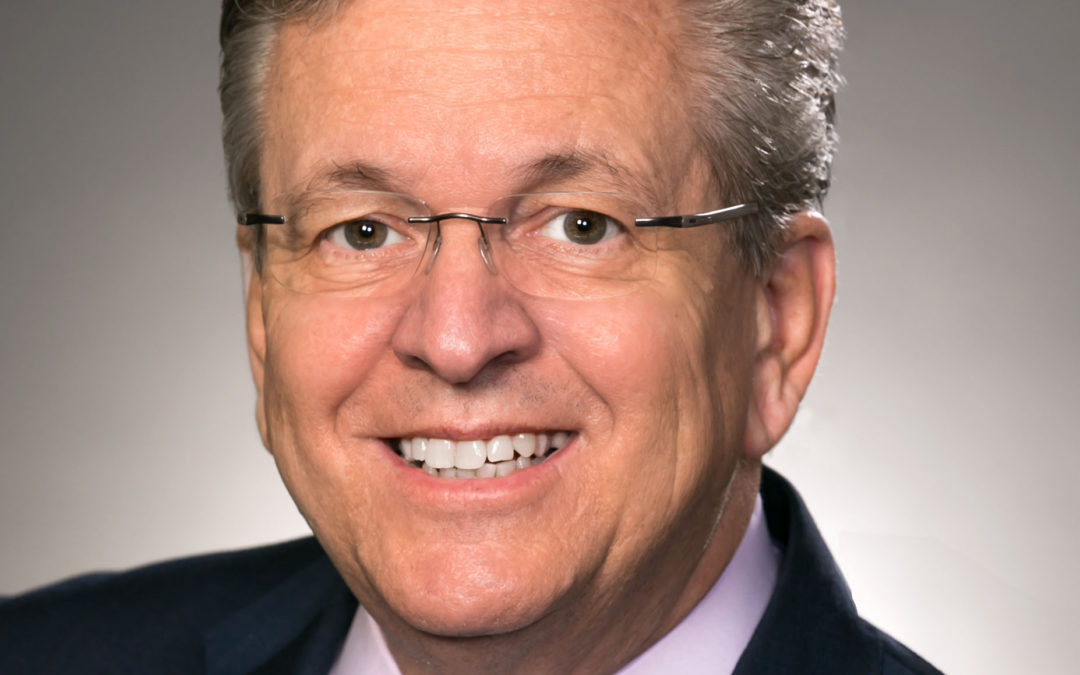
Maintaining unity and creating value through virtual meetings
By: Felipe Rivas

2 min read April 2020 — The novel coronavirus forced a global halt to major international, regional and local events. From the NBA season to networking conferences, all gatherings of any size stopped abruptly in an effort to flatten the curve and prevent COVID-19, the disease caused by the coronavirus, from spreading further. However, as the population at large becomes accustomed to social distancing, stay at home orders and self quarantining, many events went from a hard stop to full speed ahead virtually. As the business community adjusts to the challenges of the disruption caused by the coronavirus, many institutions are building value and maintaining relationships by maximizing the use of webinars, online classes, video conferences and even virtual happy hours.
In Philadelphia, World Trade Center of Greater Philadelphia, an organization dedicated to accelerating global business growth for companies in Southeastern Pennsylvania and South New Jersey, has turned to virtual meetings to stay connected with its members. “We understand how important it is to remain connected with our members and client companies during this challenging time,” Spokeswoman Graziella DiNuzzo told Invest: Philadelphia. “Like many other organizations, we are using Zoom meetings.” The center has maintained rapport with its members as it made the transition to work remotely. “We are handling this transition quite smoothly. We are a staff of seven professionals and have always maintained close contact with our clients via phone and email and working remotely doesn’t slow us down,” DiNuzzo said.
Bringing members together in this time of uncertainty is among the center’s main goals. “Our member-company meeting is our “Member Conversations,” which we started last year as a way to bring our members together, informally, in our conference room to meet each other, talk and share stories,” DiNuzzo said. “This will be the first time, obviously, that we will hold our Member Conversations virtually and we are looking forward to it. The bottom line is that we have to continue to communicate and support each other during this time. We are all eager to get back to business as usual and we don’t know what that will look like. We are hopeful that it will be a rebirth of ideas and opportunities.”
The video conference platform, Zoom, has quickly become ubiquitous across the virtual events space. Across economic sectors, different institutions are taking advantage of Zoom and similar platforms. To host a successful virtual event, event planners must decide between hosting a virtual meeting or a webinar. “If you expect attendees to mostly just listen,” the best option is a webinar, Zoom advises as part of its digital event best practices. “When you need more back and forth between the audience and the host,” planners should choose a virtual meeting, the platform advises.
Once the type of digital event has been narrowed down, hosts should hardwire the internet connection to prevent any Wi-Fi-related hiccups or virtual lag. In terms of audio, hosts should test speakers and audio prior to the meeting and minimize any background noise, according to Zoom. Additionally, hosts should dress to impress and make sure to start the virtual event on time. It is important to set the tone of the event and encourage Q&A’s during the virtual meeting or webinar. As a best practice, Zoom recommends the use of the Chat function to keep track of questions and comments. For larger webinars, Zoom offers a PayPal integration to charge the registration fees seamlessly.
For the time being, social distancing will be part of the mainstream business landscape until at least May. However, many institutions are adjusting and pivoting more and more to the virtual hosting model to build value, share information and regain a sense of community in a time where residents are being asked to self-isolate as much as possible.
To learn more visit: https://blog.zoom.us/wordpress/2020/03/04/best-practices-for-hosting-a-digital-event/






















